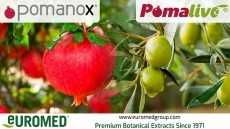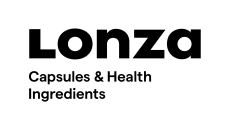Africa looking to raise standards for herbals
bring more novel products onto Europe's herbals market, reports
Dominique Patton.
New herbal products are in "desperate demand" by European supplement companies, according to UK natural products consultant Denzil Phillips, as industry seeks novelty and innovation to boost the rather slow sales growth in recent years.
Africa offers a rich and diverse source of little known medicinal plants - it holds more than 25 per cent of the world's biodiversity - and some of its products displayed at recent natural product exhibitions have generated "loads of enquiries", says Phillips.
However tough requirements for quality by leading supplement makers and a wave of new European regulations make it increasingly difficult for herbal products to enter the market.
A major research programme, aiming to develop a series of trading standards for the top 50 medicinal plants grown in Africa, could help to make this process a little easier, suggests Phillips.
The standards will be based on quality control, rather than monographs, he told NutraIngredients.com, and are being worked on by a pan-African research group.
Quality standards for the first 20 products under review will be discussed at a meeting in South Africa next month.
"It is not easy launching any exotic product in Europe but these standards will be very useful for anyone looking to submit a dossier [to support a product under new herbal regulations]," he said.
Some African plants have become popular in Europe in recent months, including the herbal known as umckaloabo (pelargonium reniforme), which is taken as a natural antibiotic and seeing strong interest in Germany under Schwabe's Sptizner business.
Hoodia is another African plant getting significant attention after a licensing deal between UK-based drug developer Phytopharm and global food manufacturer Unilever. Phytopharm has shown the plant to have appetite-suppressing qualities, although supplies, collected from the wild until the Phytopharm investment, are currently restricted.
Devil's claw and pygeum extract, a rival to saw palmetto, are also increasingly sought in Europe.










